Why Europe must prepare for war with Russia if it is to excise the Putin regime and preserve peace
Nato and the West have been in Ostrich pose since Russia’s annexation of the Crimea in 2014 and we are now in a perfect storm
This is according to Sir Richard Shirreff KCB, CBE, a retired senior British Army officer and author and former Deputy Supreme Allied Commander of Europe.
In his keynote speech on the last day of the Airmic 2022 Conference in Liverpool he had a sobering message for delegates: “The only way to preserve peace is to prepare for war” and, “There cannot be peace in Europe while the Putin regime is in the Kremlin”.
Inevitably there are significant risks involved in going on the offensive, notably the risk of escalation and the nuclear threat.
Preparing for the worst
For Shirreff, the more immediate concern is a Russian missile targeting Polish airspace. Such a scenario would be considered an attack on Nato and put the West at war with Russia.
“I’ve got bad news,” he said. “We are in a perfect storm, and we had better get prepared. Our forefathers in 1938 and 1939 had to make similar sacrifices.”
“It’s time to build resilience in your business and think about your purpose and core values.”
“It’s about thinking strategically about the destination of where you want to get to and how you plan to get there. You’ve got to look across the spectrum of risk comprehensively.”
It is time to prepare for the worst case scenario. “The best form of defence is attack,” continued Shirreff.
Western nations and NATO were blindsided by Crimea in 2014. But that action should have been a wakeup call, preparing nations for the inevitable invasion of Ukraine by Russia on 24 February 2022.
Putin’s rhetoric at the time had given plenty of evidence that he was preparing to rebuild the Soviet empire. But instead, governments buried their heads in the sand and carried on with ‘business as usual’.
“[Crimea] was a failure of intelligence by Nato,” submitted Shirreff. “We should have seen it coming and it was a clever, sophisticated operation.
“It should have been clear the next step was the Baltic States and it was inevitable that Ukraine was going to be attacked… Nato should have got straight into deterrence mode.”
Ukraine resolve underestimated
By contrast, Russia made significant miscalculations in its invasion of Ukraine, assuming the Russian war machine could overwhelm the country in a matter of days.
“It underestimated the resolve, will, spirit and agility of the Ukrainian response,” said Shirreff. “It was a failure of command and control and of planning. It was a failure of logistics, discipline and morale.”
Russian forces have switched to ‘Plan B’ – aiming to inflict ‘appalling destruction’ on cities, to massacre civilians and use rape as a weapon of war.
He anticipates the current ground war of attrition will continue until at least August, at which point Putin could ‘sue for some form of peace’ while regenerating, resetting and rebuilding Russia’s armed forces.
“[Putin’s] in a hurry. While there is an opportunity to put his stamp on history, time is running through the hourglass like sand.”
There is no time to waste, urged Shirreff, adding that decision makers should not be put off by the ‘siren’ voices of Henry Kissinger and Emmanuel Macron.
“The way to manage risk is to prepare our societies, nations and armed forces for the worst case,” he said. “War with Russia.”
This involves ramping up defence spending to at least 4-5% of GDP and re-arming forces across Nato to build a ‘band of steel from the Baltic to the Black Sea’.
Airmic 2022: Preparing for the worst
- 1
 Currently reading
Currently readingAirmic 2022: Preparing for the worst
- 2
- 3
- 4
- 5
- 6
- 7
- 8
- 9
- 10















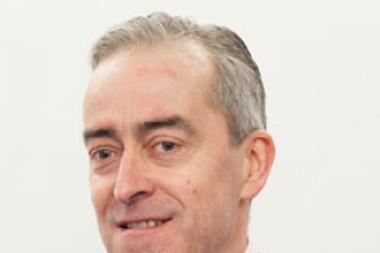
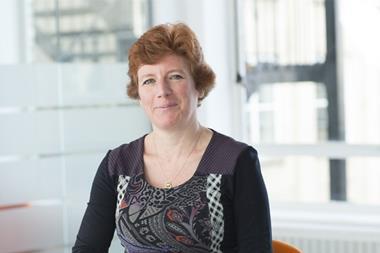
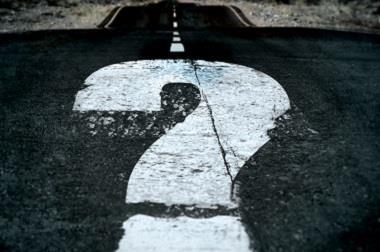






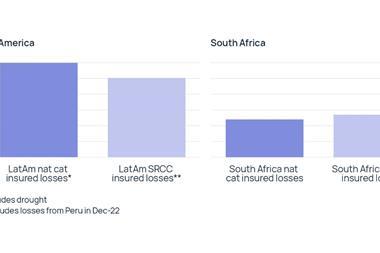
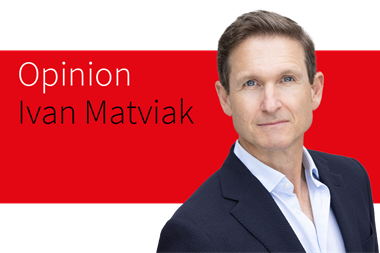



No comments yet